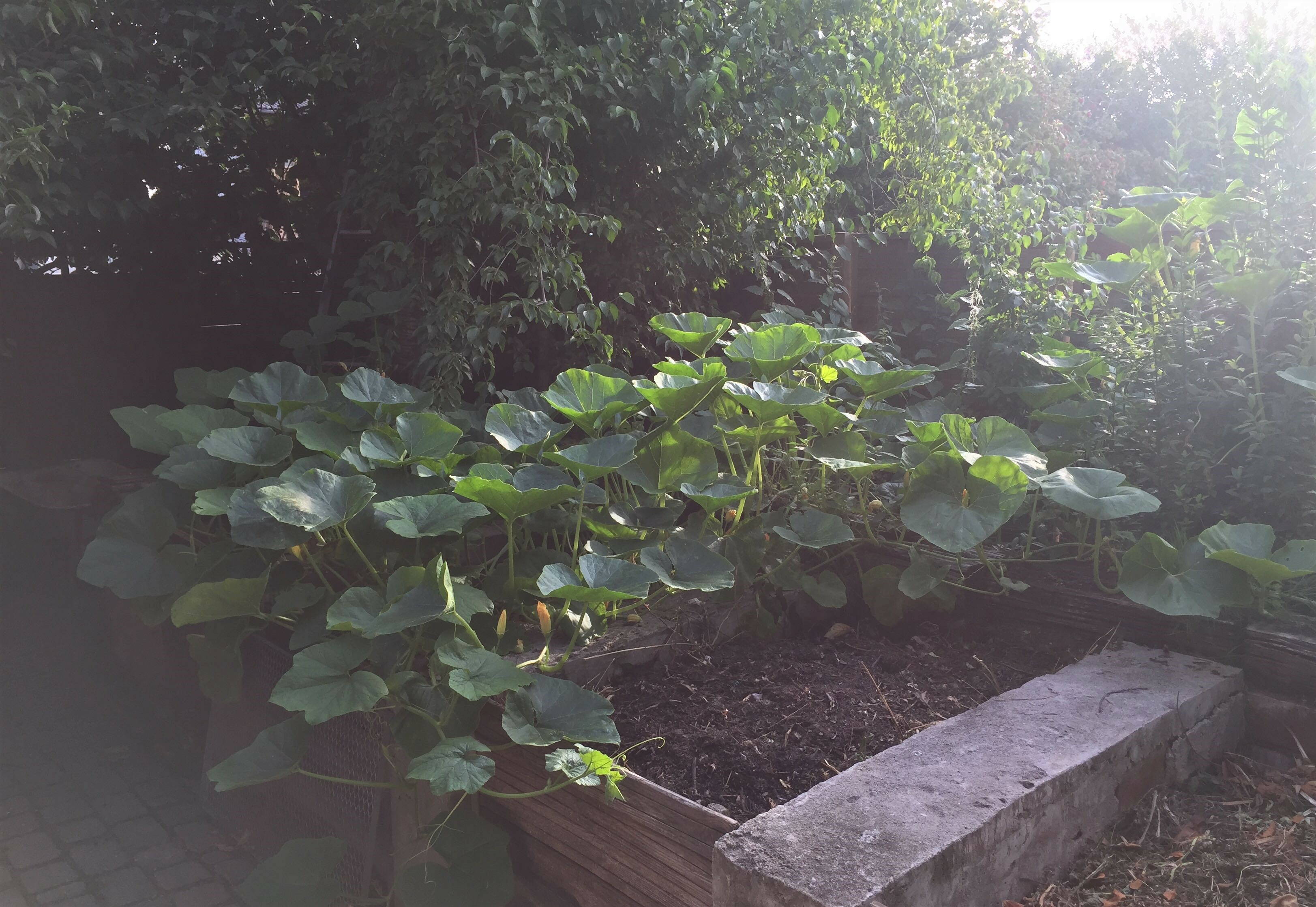
Mineral and Organic Fertilizers: How to Fertilize Naturally
Without additional fertilizer, many crops would grow rather poorly than well. However, the popular saying "a lot helps a lot" is only partially true here. On the one hand, too much fertilizer harms your crops, but more importantly, careless use of fertilizer harms biodiversity, groundwater quality and the climate. Find out what you should pay attention to when fertilizing your vegetable beds in this article.
This Article Contains:
Quick Overview
How to Fertilize Correctly:
- Avoid mineral fertilizers, use organic fertilizers instead
- Use slow-release fertilizers such as compost, manure or horn shavings
- Keep nutrient cycles short: Make your own fertilizer if possible
- Do not fertilize too much (especially liquid fertilizers!)
What Is Mineral Fertilizer?
Plants need certain chemical elements in order to grow. They can only absorb these in certain forms. Mineral fertilizers contain the nutrients in exactly the form in which plants can absorb them. Synthetic liquid fertilizers usually contain the isolated main nutrients nitrogen, phosphorus and potassium in mobile form. Due to the easily plant-available nutrients in synthetic fertilizers, mineral fertilization usually has an immediate effect. Plants suffering from a lack of nutrients recover quickly.
Mineral Fertilizers: Disadvantages for the Environment
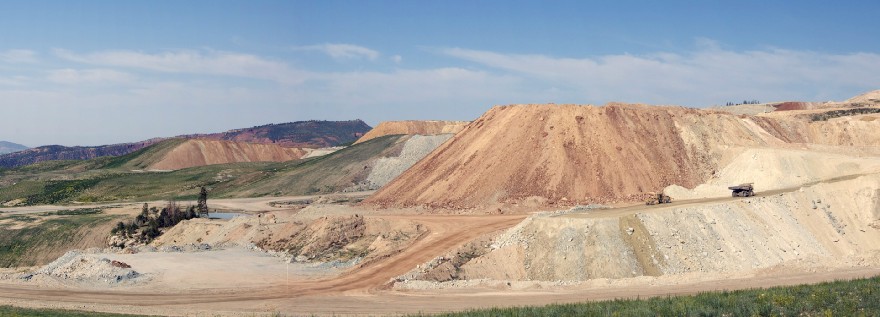
Synthetic Fertilizers Are Susceptible to Leaching
Plants can absorb the nutrients so well because they are very mobile in the soil. They dissolve well in water and are not bound to soil particles. However, this not only ensures that they can be easily absorbed by plants, they are also very susceptible to leaching. In addition, they only have a very short-term fertilizing effect due to their high mobility.
Production of Mineral Fertilizers Requires a Lot of Energy
Another shortcoming of mineral fertilizers is their production process. The three major plant nutrients nitrogen, phosphorus and potassium, as well as many micronutrients, are extracted in a very energy-intensive way - either from the atmosphere or in mines. These production processes are anything but environmentally friendly. So if you are gardening out of environmental awareness, you should avoid mineral fertilizers altogether if possible. There are plenty of natural alternatives.
What Is Organic Fertilizer?
Organic fertilizers, as their name suggests, consist of organic material. Organic material is everything that was once alive. The nutrients are therefore partly fixed in more complex compounds and are thus released over time when the fertilizer is processed by microorganisms in the soil. This gives many organic fertilizers a long-term fertilizing effect.
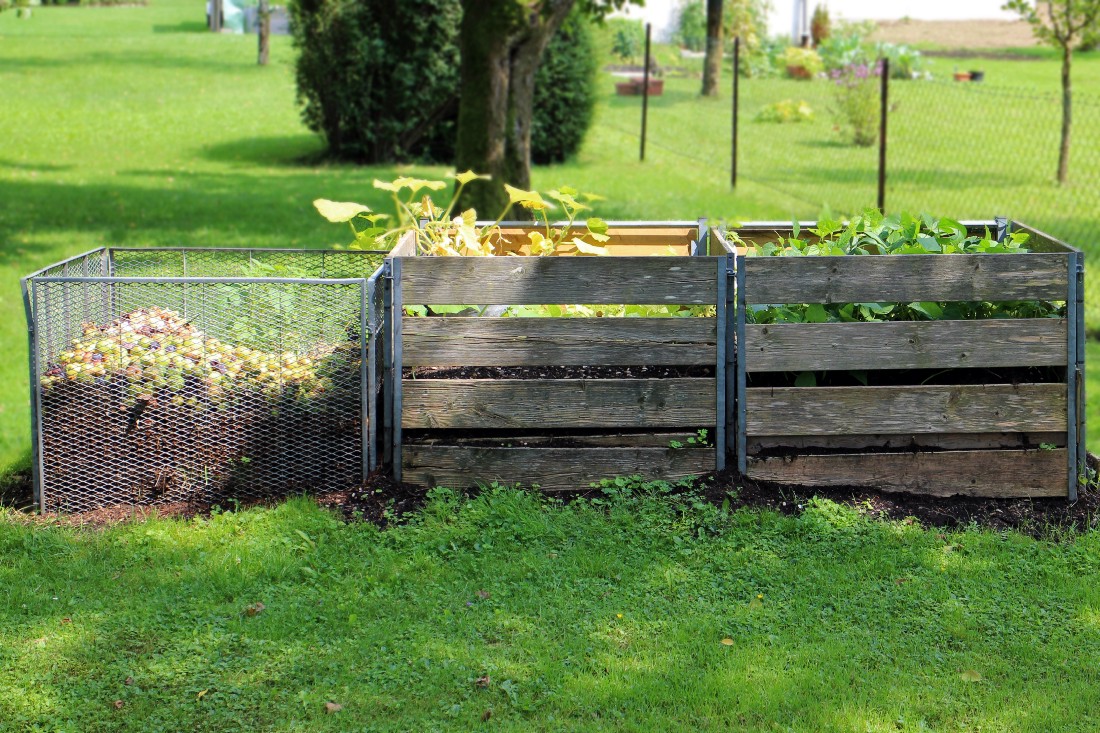
Natural and Organic Fertilisation
In addition to feeding the plants, organic fertilization also means promoting and maintaining soil life. For organic fertilization to "work", active soil life is very important.
On the one hand, year-round soil cover is very important for this, so that the soil organisms always have food available. To enrich the soil with additional nutrients, you can Sow Green Manure after your crops.
On the other hand, it is important to maintain the soil quality. Garden soil acidifies over time, meaning the pH value drops. As a result, fewer nutrients are available to plants in the soil and the biological activity in the soil decreases. To counteract this and keep the pH value relatively constant, you should carry out regular liming.
You can find more Tips on Organic Gardening in the article on this topic. Here you can find more information on natural fertilization and protecting plants without chemicals.
Fertilize Naturally With Compost & Co
Depending on the source material, the composition of the fertilizer not only meets the needs of the plants, but also provides a food source for soil organisms. In an organically cultivated garden, you primarily feed the soil life, which in turn feeds your plants through its excretions. Another advantage of organic fertilizers is that you can often make them yourself - whether compost, plant manure or green manure: as soon as you have a garden at your disposal, you usually have everything you need to make these forms of organic fertilizer yourself.
What Are the Dangers of Too Much or the Wrong Fertilizer?
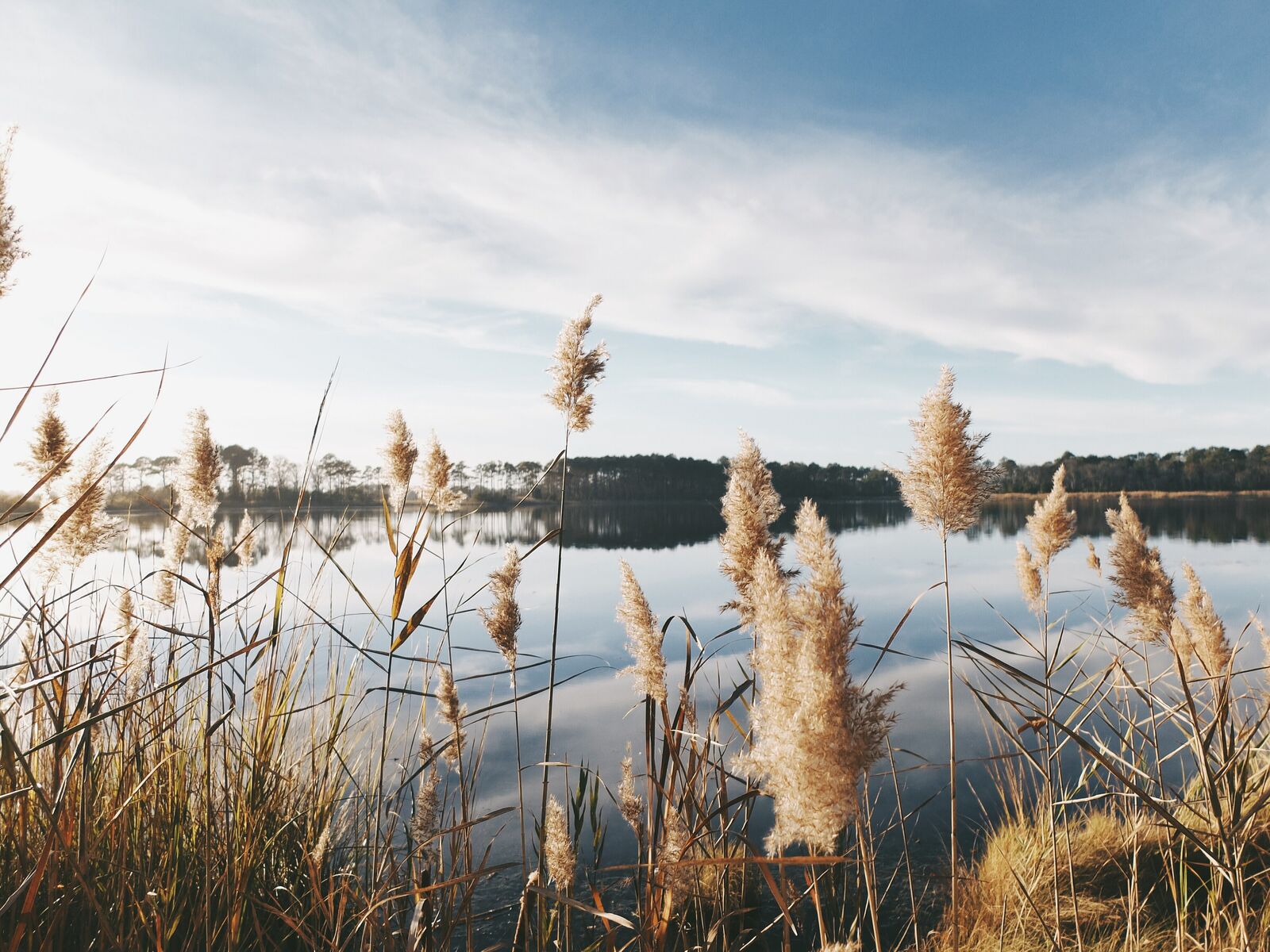
Growth Inhibition
Intuitively, we often assume that a lot of fertilizer also helps plants to grow better. While it is true that some plants are very hungry, another saying is also true: the dose makes the poison. Because with too much fertilizer, even the hungriest strong growers (e.g. cabbage, pumpkin) can die. Weak growers (e.g. lettuce, bush beans) with already low nutrient requirements react particularly sensitively to over-fertilization. This makes them more susceptible to diseases and pests. So when fertilizing, always consider which plant you have in front of you and how many nutrients it actually needs.
Contamination of Groundwater
Liquid and mineral fertilizers in particular should be used sparingly. The nutrients they contain are particularly mobile in the soil. This means that if too much fertilizer is applied and it rains more often, the fertilizer often ends up in the groundwater instead of in the plants. Then, firstly, the fertilization was not worthwhile at all and, secondly, too much nitrate or phosphate in the groundwater is dangerous for drinking water quality. In addition, eutrophication (= nutrient enrichment) of water bodies can lead to a decrease in biodiversity.
Nitrogen Oxide Emissions
Nitrogen in fertilizers poses a particular threat to the climate. If too much nitrogen is applied or applied at the wrong time, it can be microbially converted into nitrous oxide (N2O) in the soil via several intermediate stages. This is a greenhouse gas that is around 300 times more harmful than CO2. So if you use too much nitrogen fertilizer to grow your own vegetables, you may be harming the climate and the environment.
Which Fertilizer Should I Use?
It is best to fertilize with organic material; mineral fertilizers should be avoided at all costs. These include classics such as Compost/Hot Compost and manure, but also horn shavings, sheep's wool, Rock Flour and Lime. These organic solid fertilizers act as slow-release fertilizers and should be applied once a season as a basic fertilizer. For reasons of sustainability, plant-based materials are generally preferable. However, as horn shavings and bone meal are waste products from the meat industry anyway, it makes sense to feed them back into the nutrient cycle and thus utilize their value.
Organic liquid fertilizers such as Plant Manure, Compost Tea or the Ferment From the Bokashi Bucket are suitable for fertilizing hungry heavy feeders or plants with nutrient deficienciesduring the season. However, you should use these liquid fertilizers sparingly and as needed, as they can otherwise leach into the groundwater.
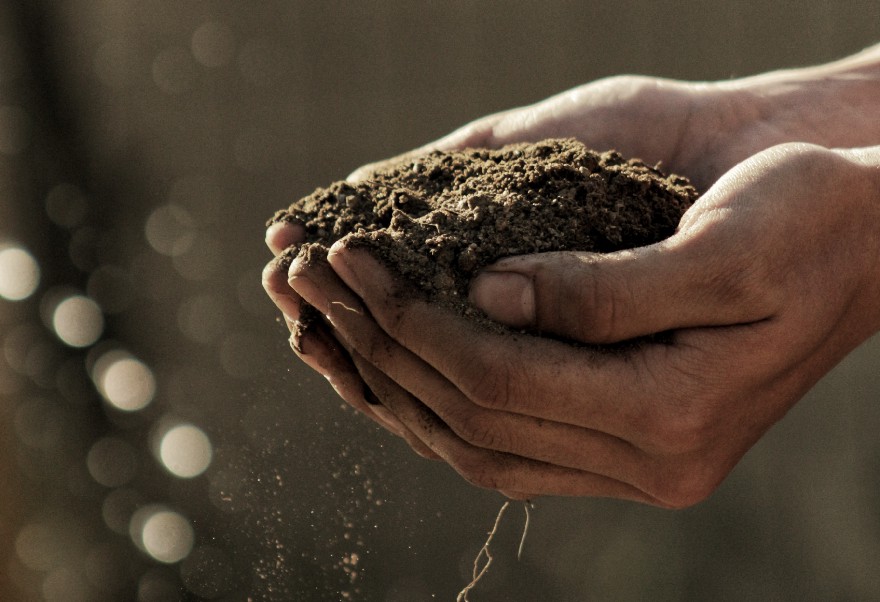
Produce Your Own Organic Fertilizer
From an ecological point of view, it also makes sense to keep nutrient cycles as short as possible. So buy as little as possible, but produce as much fertilizer (compost, plant extractions, ferments) as possible yourself. The nutrients contained in purchased fertilizer have been taken from an ecosystem elsewhere and must be replaced by fertilizer there. In addition, transportation requires energy, which can be saved if fertilizer is produced at the place of consumption.
We hope you now have a good overview of the topic of fertilizing and know which products you should leave out. If you have any questions or comments, please write to us at [email protected].
Want to get helpful gardening tips all year round and plan your own beds in the best possible way? Then register here or download the Fryd app for Android or iOS.
Fryd - Your digital bed planner

Annabell
Annabell is studying agricultural biology at the University of Hohenheim. She also enjoys gardening in her private life, spends a lot of time in nature and loves to be creative.
Learn MoreCurrent Topics in the Community
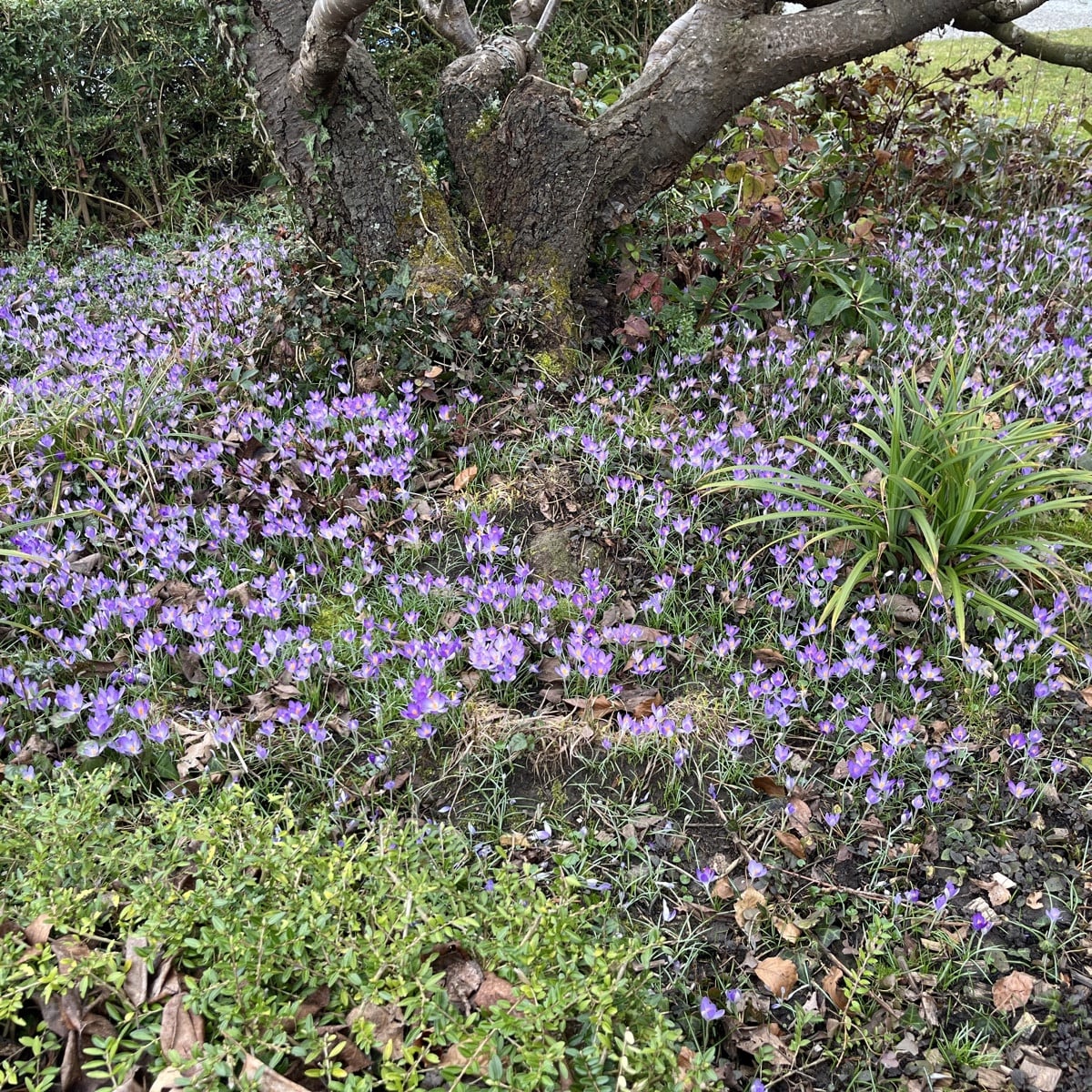
Liked 3 times
Dear friends eagerly awaiting spring, it's coming🥰 Today on my walk, I spotted some of the first signs: crocuses and snowdrops, budding forsythia, and blooming daffodils and daylilies. Wonderful 😊
Show 2 answers
Liked 1 times
Hello everyone, I'm starting balcony gardening this year and hope I'm well prepared and informed, but I have one question, or rather, I'm a little unsure about something. I have 10 20-gallon bags lined up against the wall of my house. If I grow tomatoes, peppers, and zucchini, and the tomato varieties are Rotkäppchen pineapple tomatoes and Primabella, how far apart should the pots be from each other? Can anyone help me? I want to make full use of my balcony, of course, but I don't want my plants to suffer from too little light.
Show 8 answers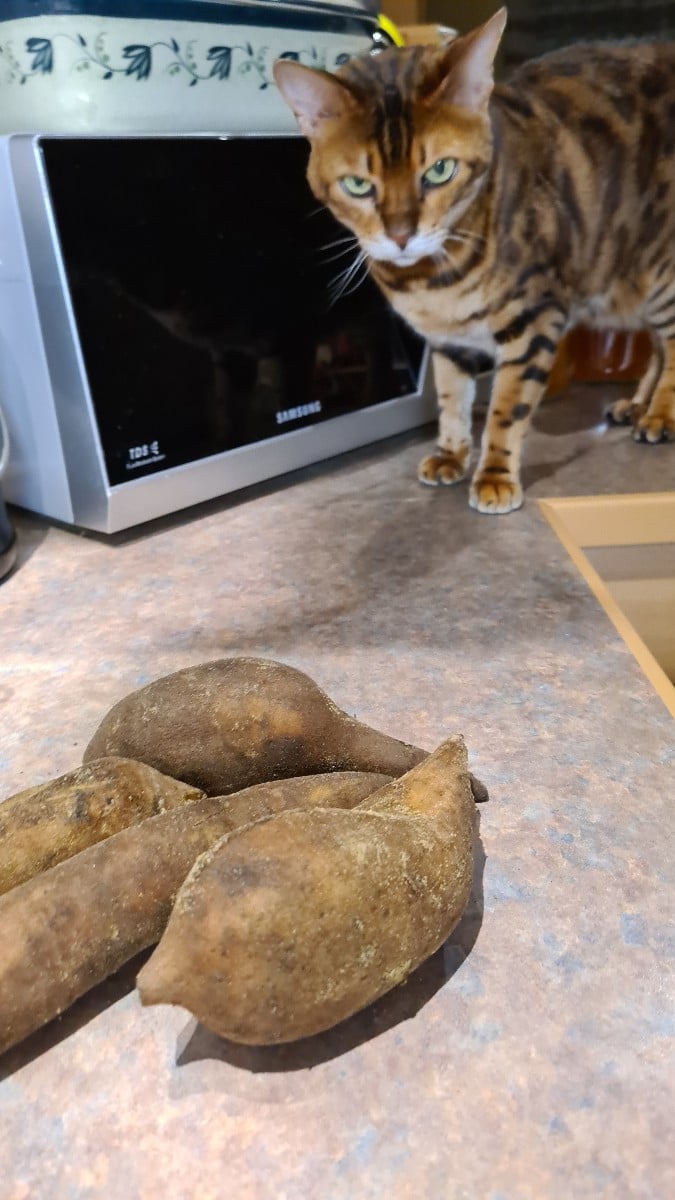
Liked 14 times
What have you dragged in now! It doesn't have fur, it's not round, and it's full of sand!
Show 8 answersPopular Articles
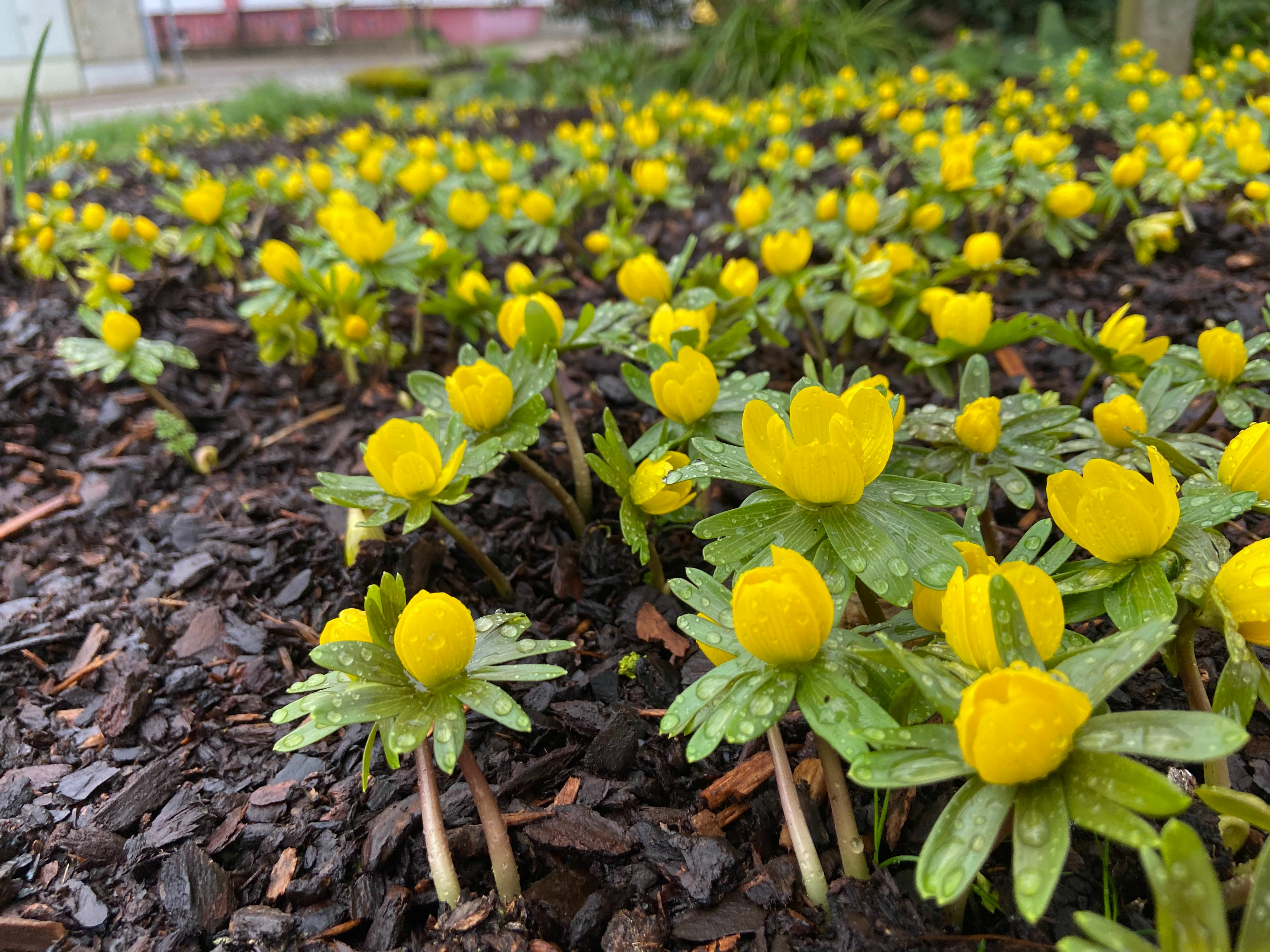
Gardening in March: Preparation & Cultivation
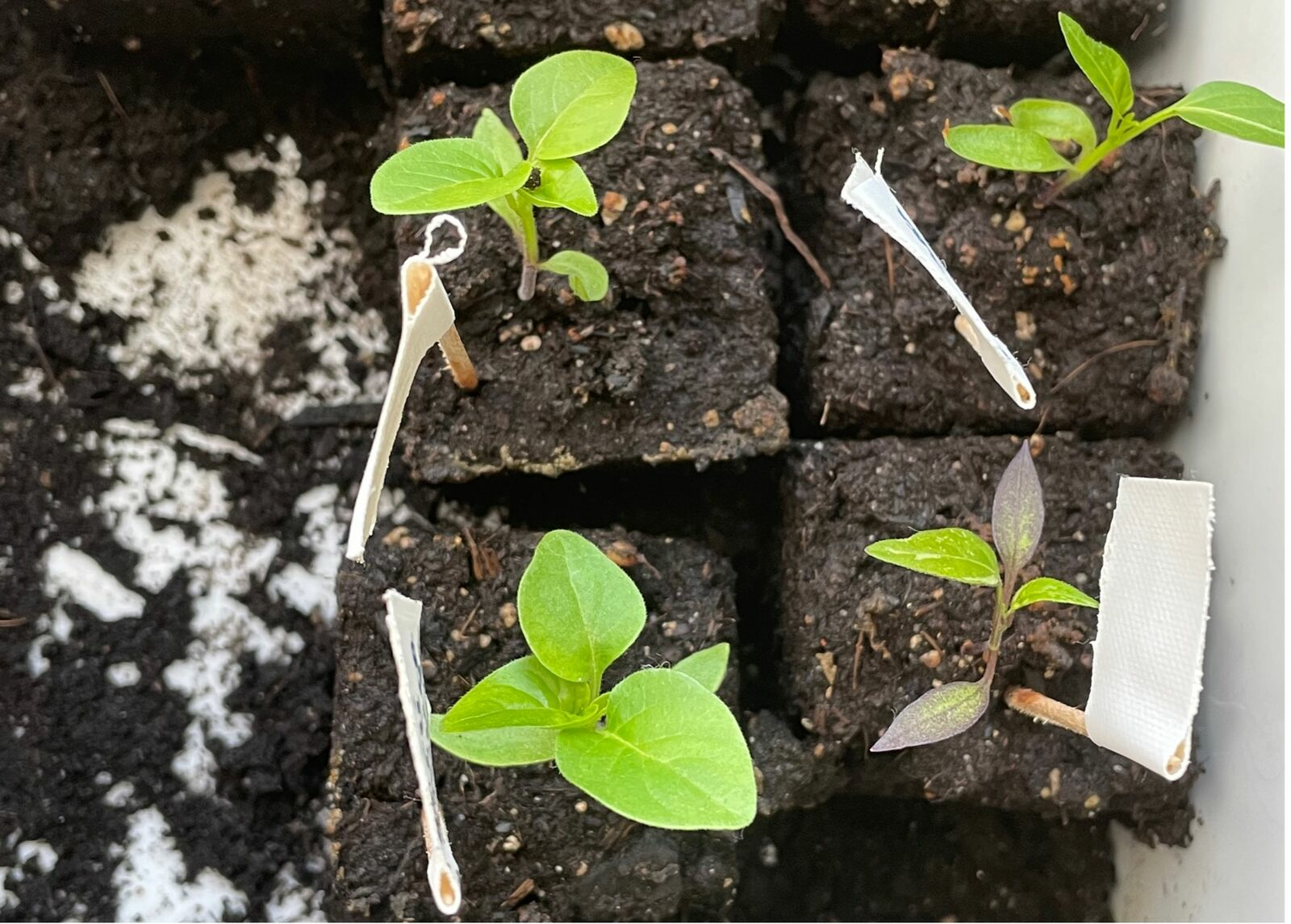
Propagating Peppers/Chillies: How to Grow Them Successfully
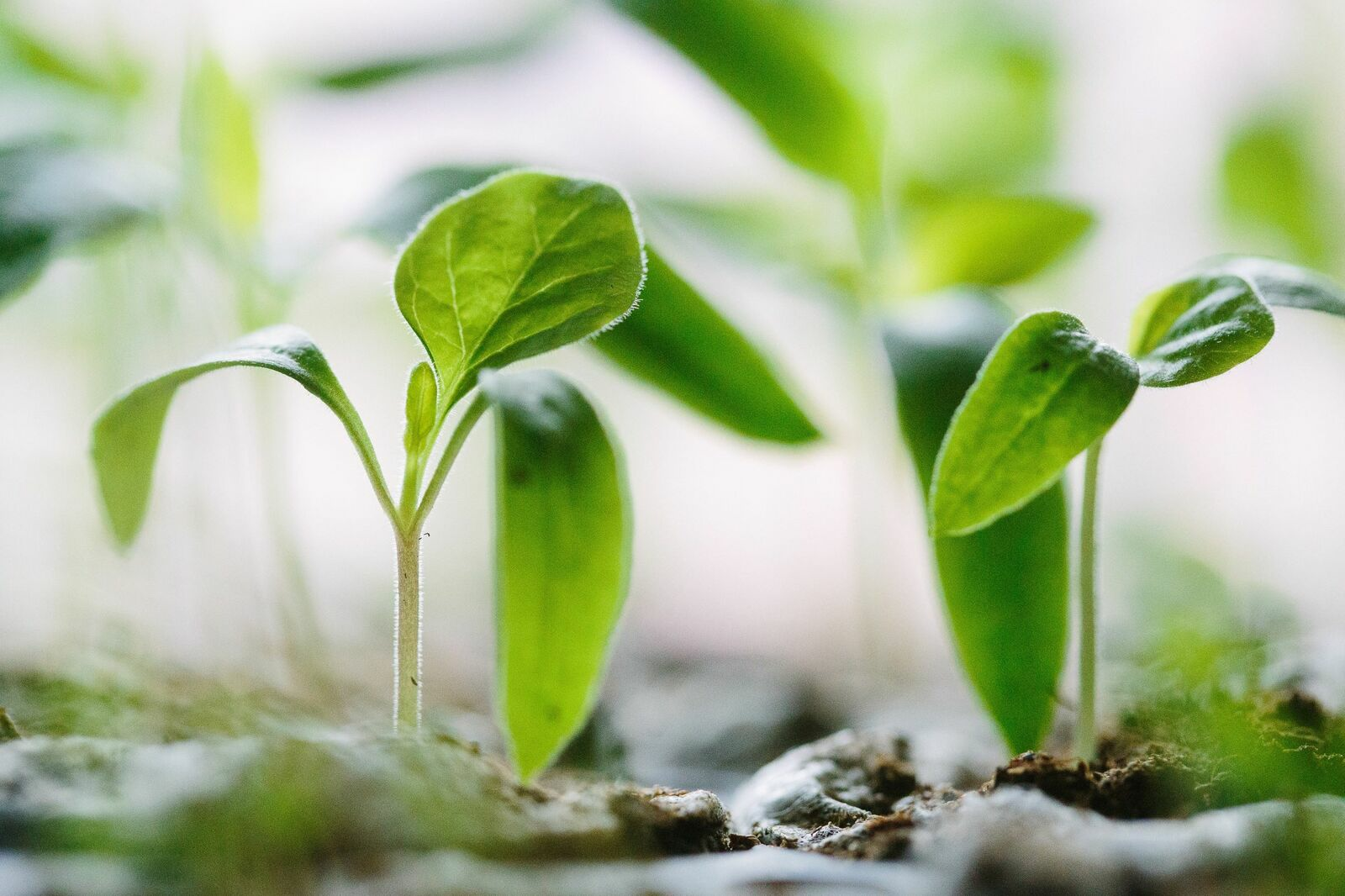
Cultivation or Direct Sowing: When and Which Vegetables to Propagate?
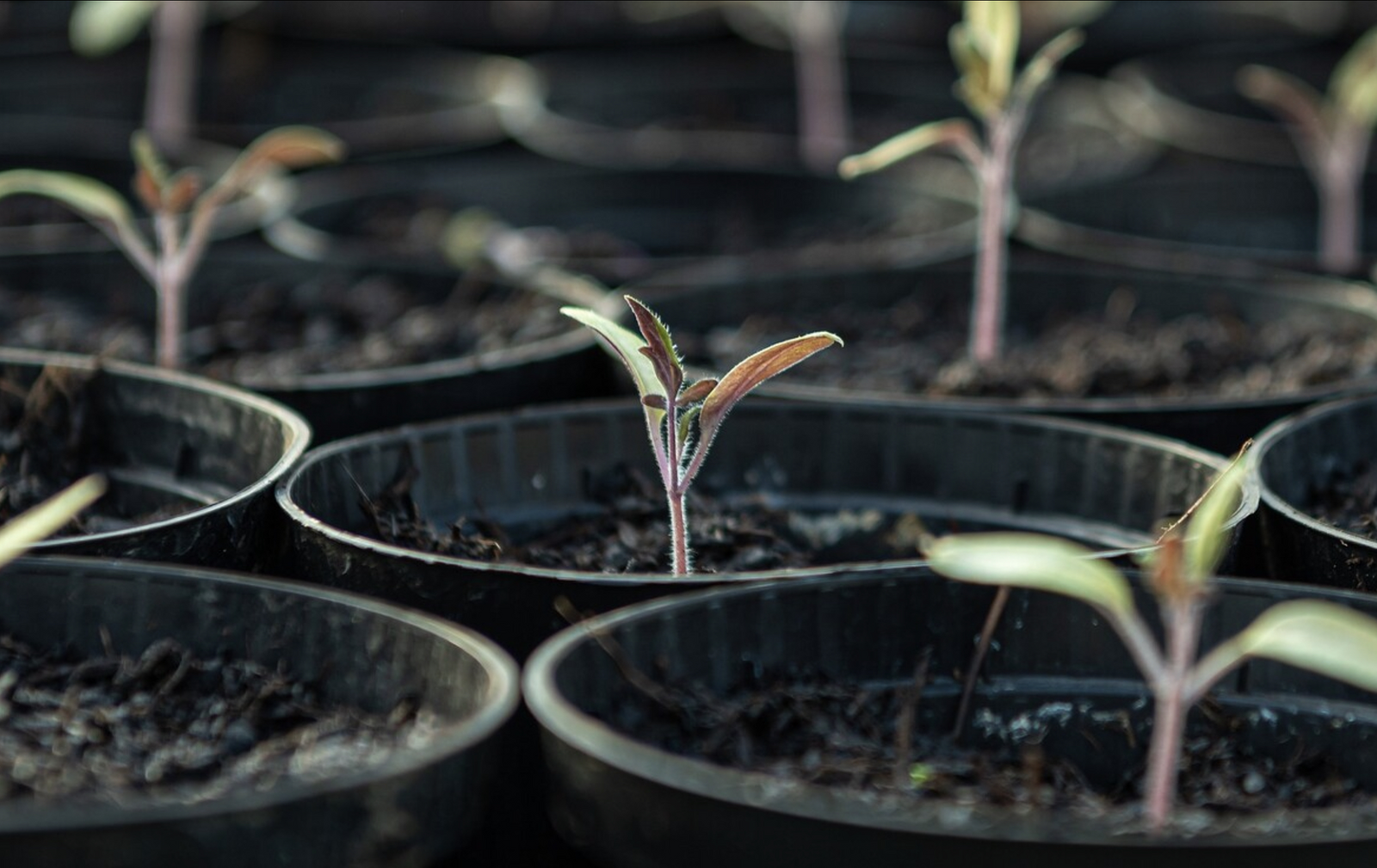
Sowing and Propagating Tomatoes: This Is How It Works
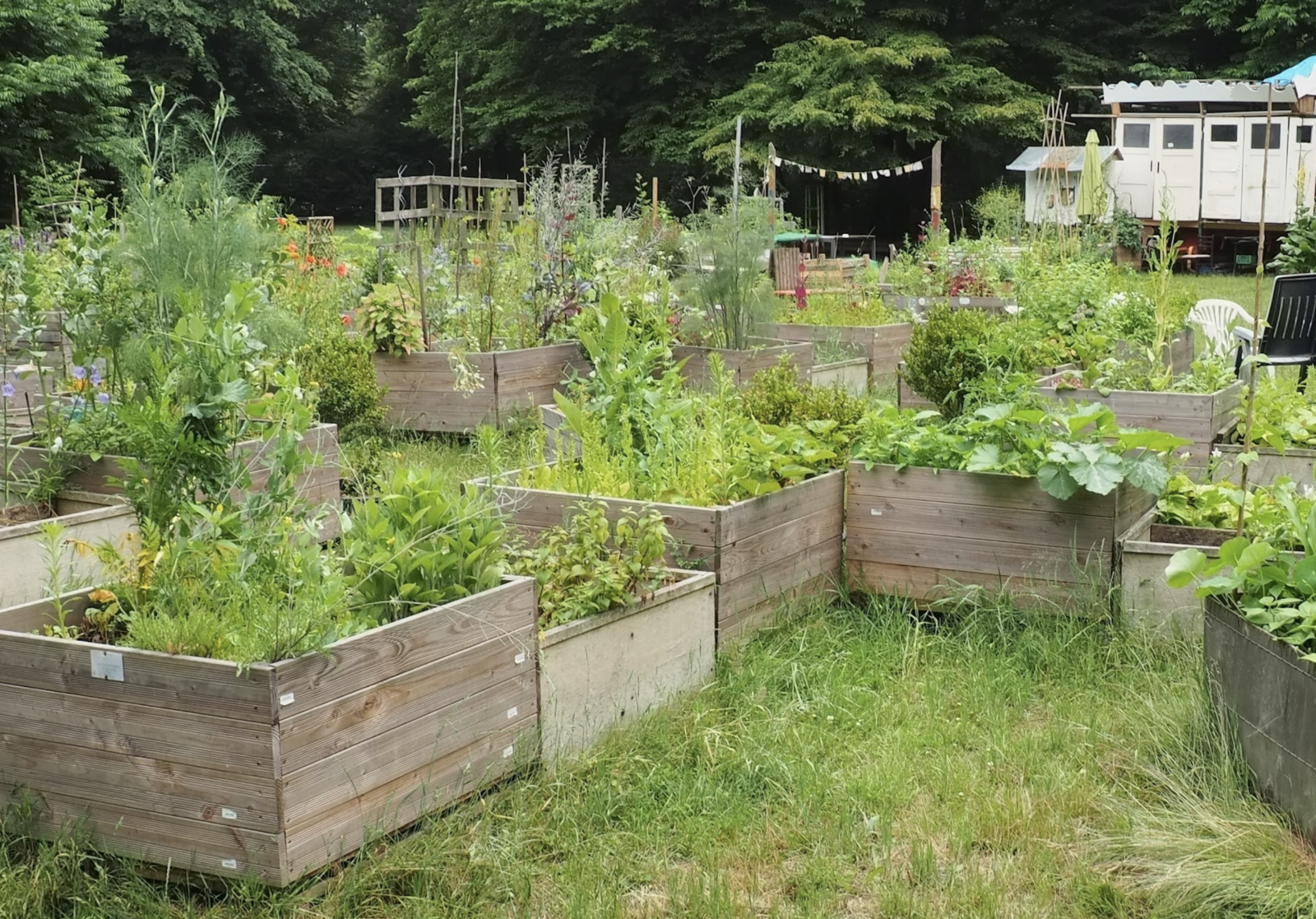
Raised Beds: Your Planting Plan for a Year
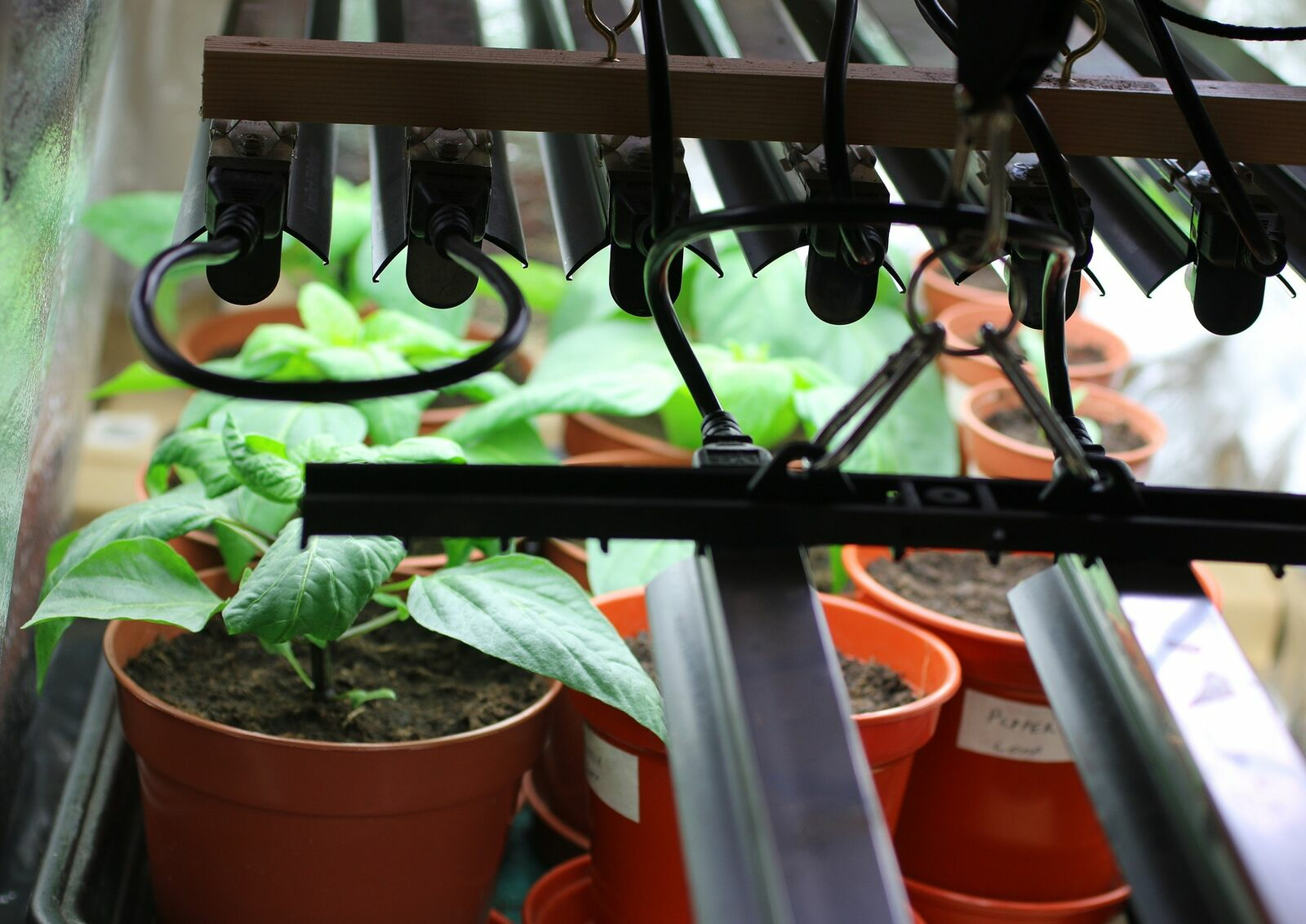
Plant Lights for Growing and Overwintering Plants
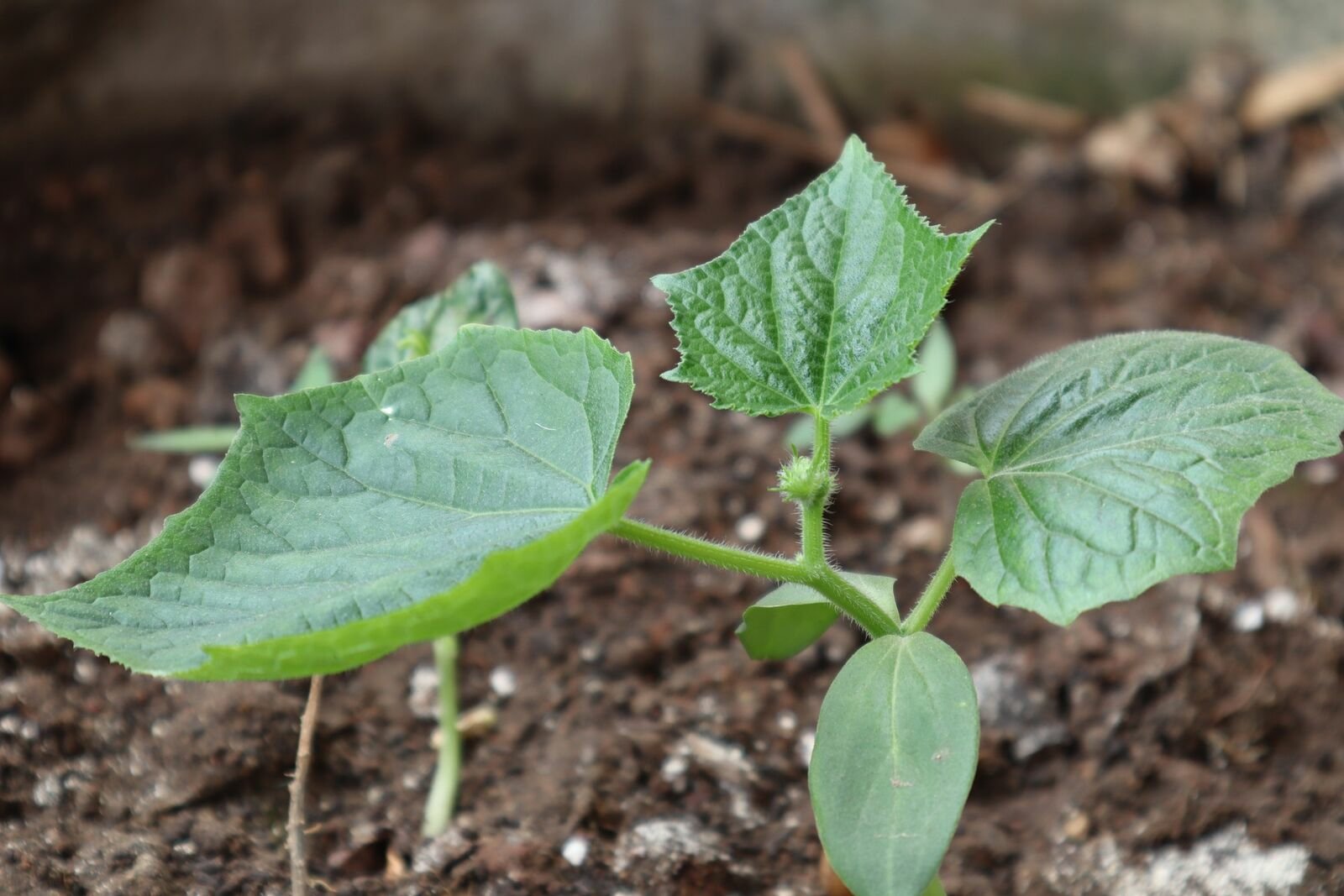
Growing Cucumbers Seedlings in Pots: Tips for Propagation
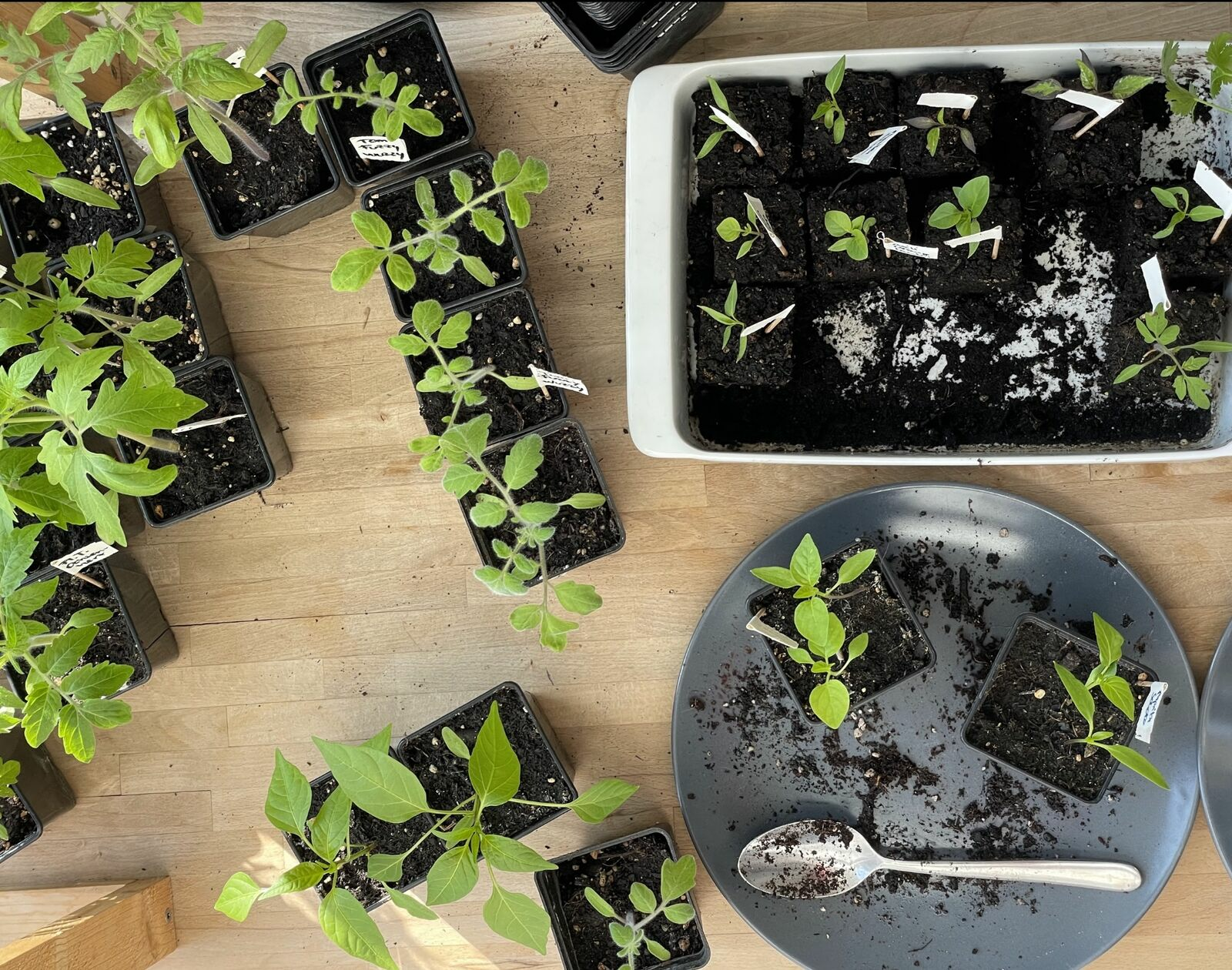
Pricking Out Vegetable Plants: Tips and Instructions
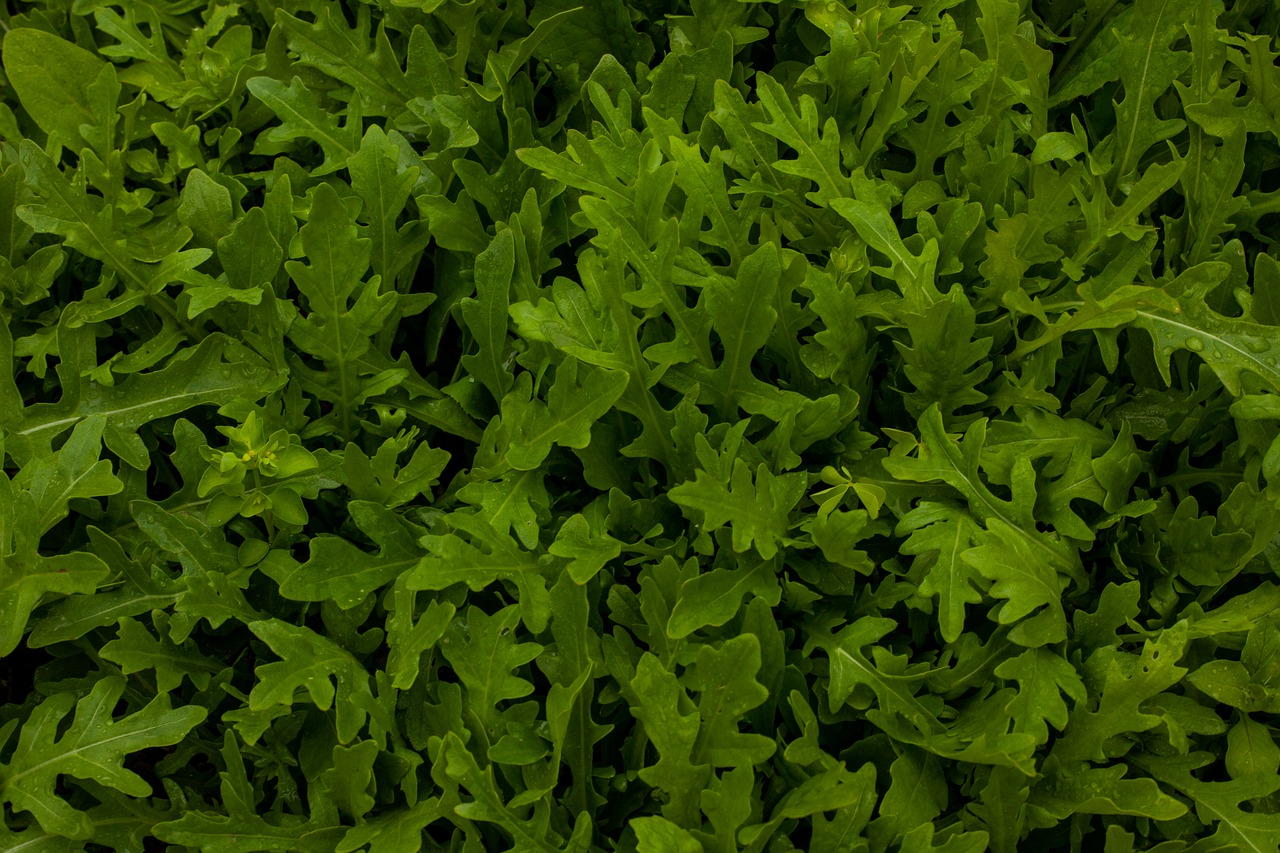
Growing & Harvesting Rocket: Good & Bad Companion Plants
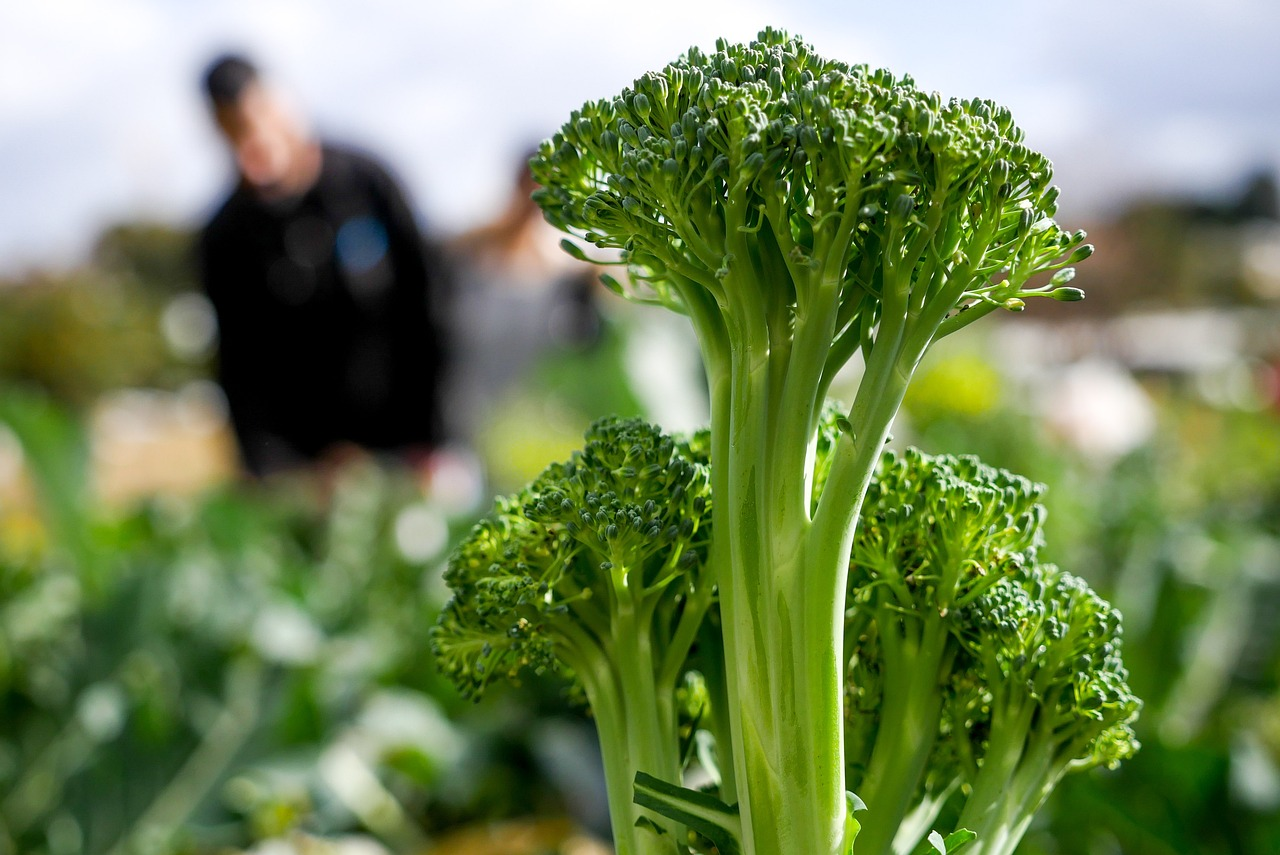
How to Grow Broccoli: Tips for Cultivation
FAQ
Fertilizers are nutrient-rich materials or preparations that provide nutrients for plants. There are mineral fertilizers, which consist of easily soluble and often liquid nutrients. Or organic fertilizers such as compost or manure.
Organic fertilizer consists of material that was once alive. As soil life breaks down the organic material into humus, nutrients are released that are available for the plants.
What are the disadvantages of mineral fertilizers?
Mineral fertilizers are often produced chemically and synthetically using a great deal of energy. They are also prone to leaching, which pollutes bodies of water such as groundwater, seas and rivers.
Avoid mineral fertilizers and use organic fertilizers such as compost instead. Do not fertilize too much to prevent leaching. The soil should contain enough nutrients if you fertilize once a year with a good amount of compost.